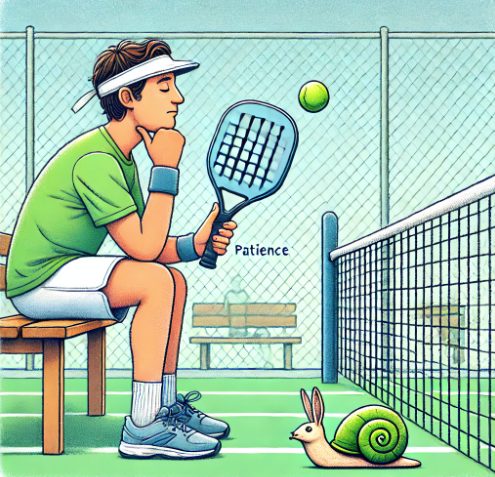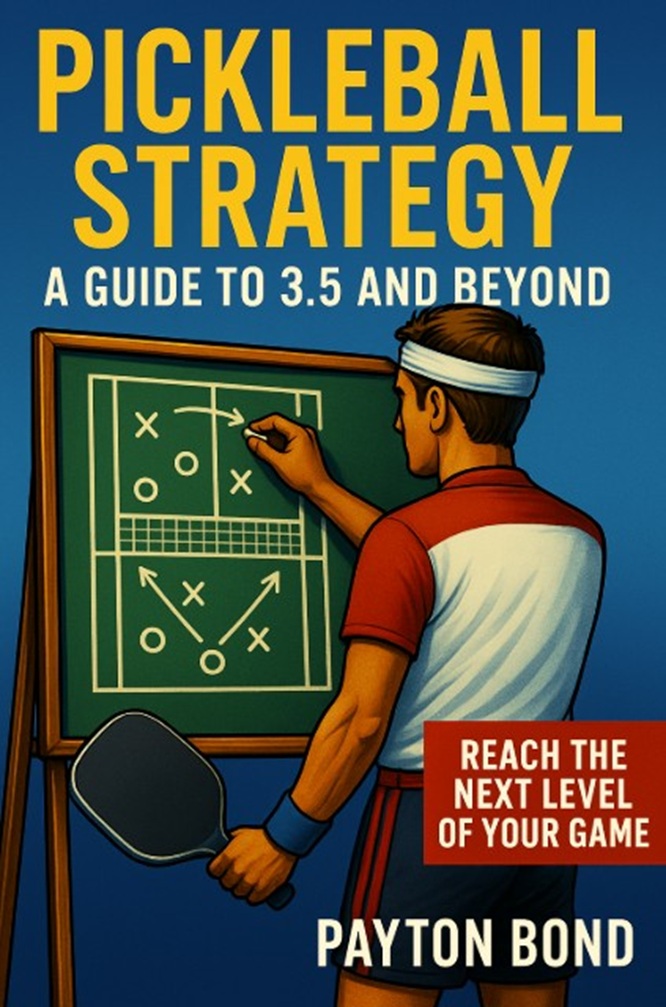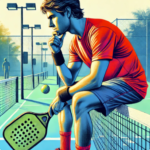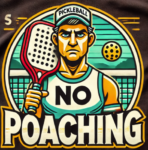
The Power of Patience in Pickleball
After years of playing pickleball, my perspective has shifted: patience has become one of the most important skills in my game. Early on, I focused on quick points and aggressive shots, thinking that was the key to success. Over time, I’ve come to appreciate that patience allows me to stay consistent, make smarter shot selections, and remain calm under pressure.
Patience isn’t about playing passively—it’s about being deliberate, composed, and strategic. Here are some ways patience has transformed my game and might improve yours too:
Are You Rushing to End the Point?
Patience means recognizing that not every ball is an opportunity to attack. Early on, I’d try to drive low balls or speed up the game too soon, often making errors. Now, I focus on starting points with loft and depth on the serve and return shots, setting up the rally and giving myself a chance to work into the point.
Ask Yourself:
- Are you trying to end points too quickly?
- Can you engage in long dink rallies without rushing to attack?
Can You Stay Calm When Your Opponents Are Pressing Forward?
Skilled opponents often use resets and drop shots to move from the baseline to the net, testing endurance and focus. It’s tempting to force tough shots, but I’ve learned to concede a good drop shot and respond with a controlled dink. If my opponent drops a shot in front of me, I get into a dinking rally and wait for the right moment to attack.
Ask Yourself:
- Do you let opponents moving forward affect your focus?
- Can you remain steady instead of forcing risky shots?
Are You Embracing the Soft Game?
I used to avoid dinking because it felt slow, but patience has taught me its strategic value. Dinking and resets create opportunities by controlling the pace. I’ve learned to avoid attacking unattackable balls or rushing the game to force a winner, as these often lead to errors.
Ask Yourself:
- Are you rushing dinking exchanges, or can you embrace the slow pace?
- Are you choosing the right moments to attack, or forcing shots?
How Well Do You Trust Your Partner?
Patience has also helped me build better partnerships. Trusting my partner and allowing them space to contribute creates stronger teamwork. When things aren’t going well, patience means not dwelling on mistakes. I’ve learned to let go of frustration and focus on the next point instead.
Ask Yourself:
- Do you trust your partner, or are you overreaching?
- Are you patient with your partner, even when they make mistakes?
Do You Bounce Back Quickly?
Patience and resilience go hand in hand. Staying composed after tough losses or frustrating moments—like bad bounces—has helped me regain focus and confidence. Moving on quickly has made a huge difference in my consistency.
Ask Yourself:
- Can you stay composed after a string of lost points?
- Are you able to recover quickly and refocus on the next point?
Are You Investing in Your Long-Term Growth?
Improving in pickleball takes time. Patience has helped me see the value of consistent practice and tackling weaker areas rather than relying on what’s comfortable. There’s no shortcut to building foundational skills like dinking and third-shot drops, but the long-term payoff is worth it.
Ask Yourself:
- Are you patient with your progress, even when results aren’t immediate?
- Do you practice weaker areas, or focus only on what feels comfortable?
Summary: Patience in Pickleball
Patience has become a defining trait in my game. It shapes how I choose shots, approach long rallies, work with my partner, and handle the mental challenges of the sport. Take time to embrace the game’s slower moments and trust the process.
Maybe you see patience improving your game as well. For me, learning to be patient has been a game-changer—not just in how I play, but in how I approach challenges on the court. In pickleball, success often comes to those who are willing to wait for the right opportunity—and act decisively when it arrives.
Check out Payton Bonds new eBook!
Pickleball Strategy – A Guide to 3.5 and Beyond
See it on Amazon.

👤 Follow Payton Bond
All Star and Top Contributor on multiple Facebook Pickleball Forums.
Contributor at TheKitchenPickle.com.
Visit Payton Bonds Facebook Page







